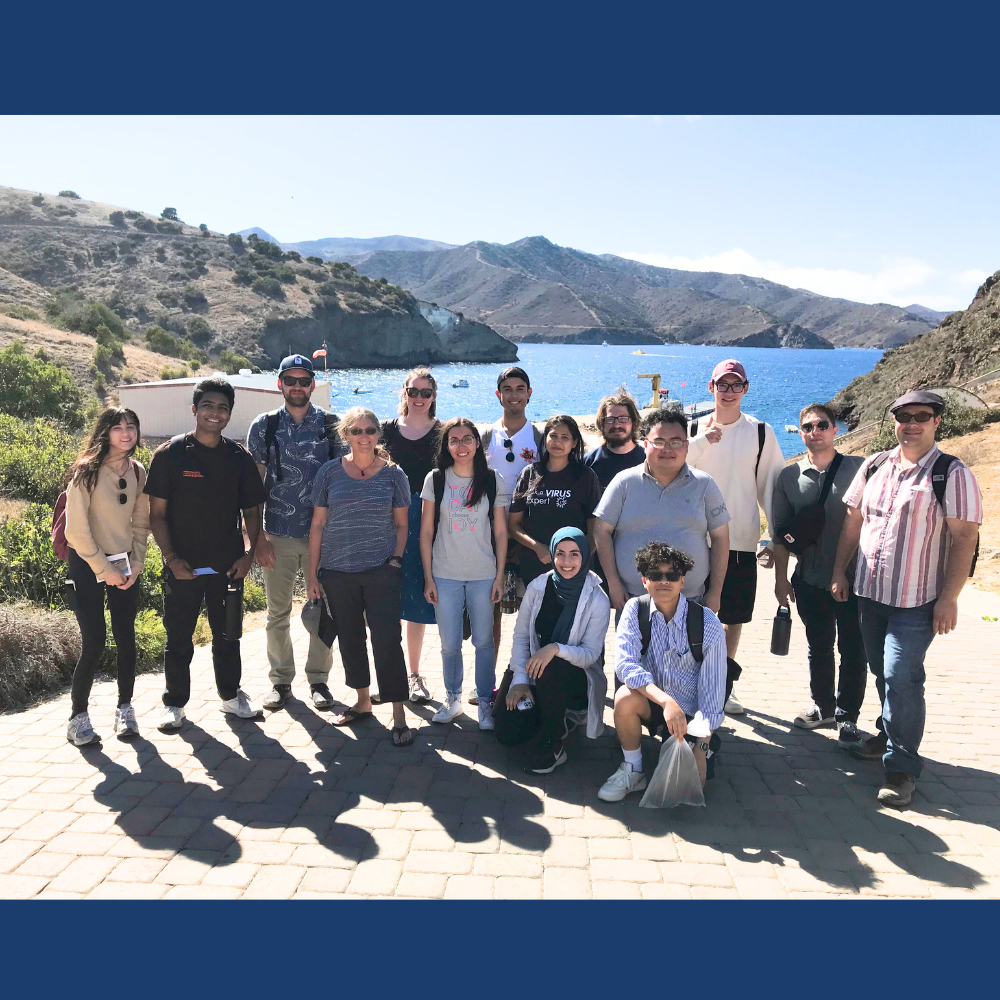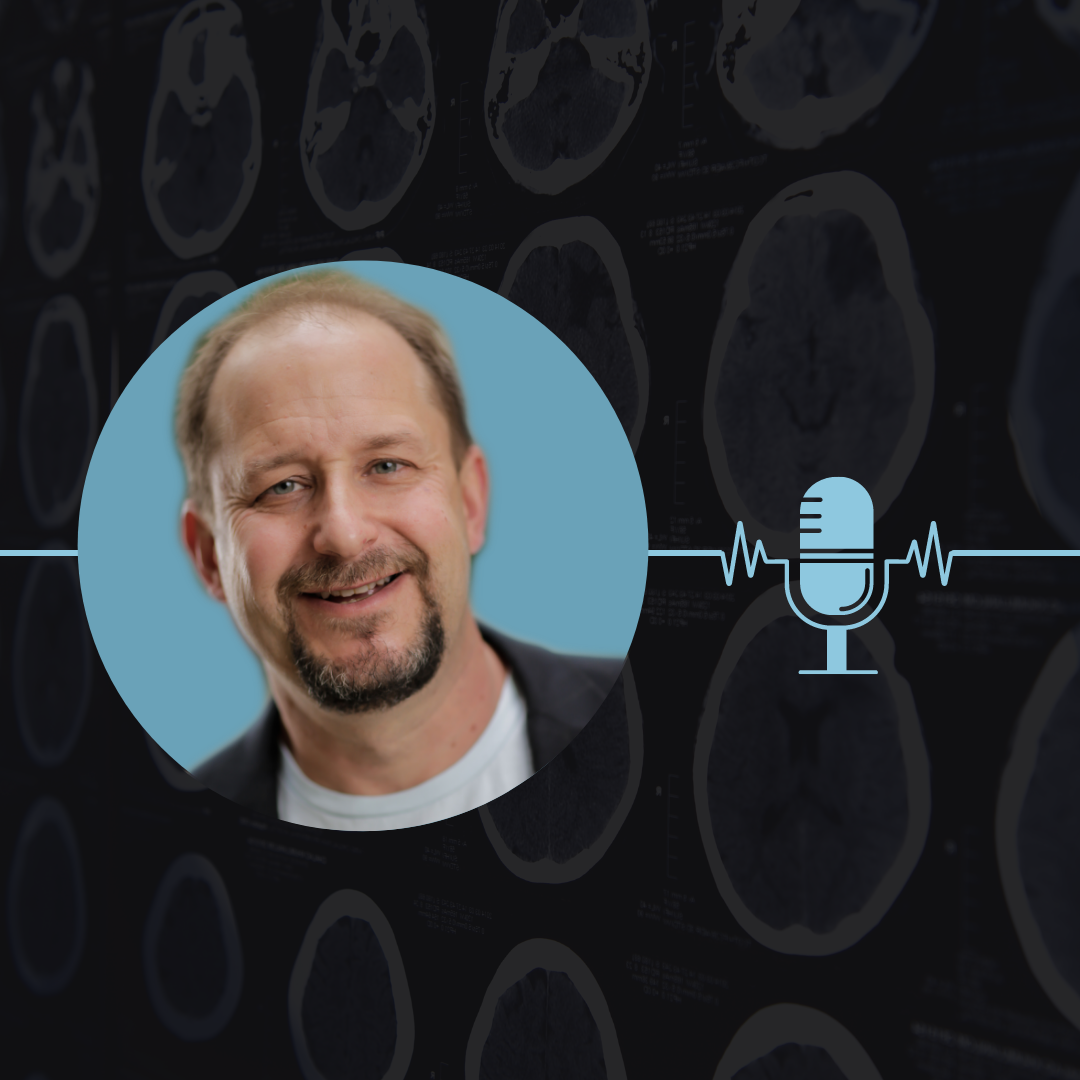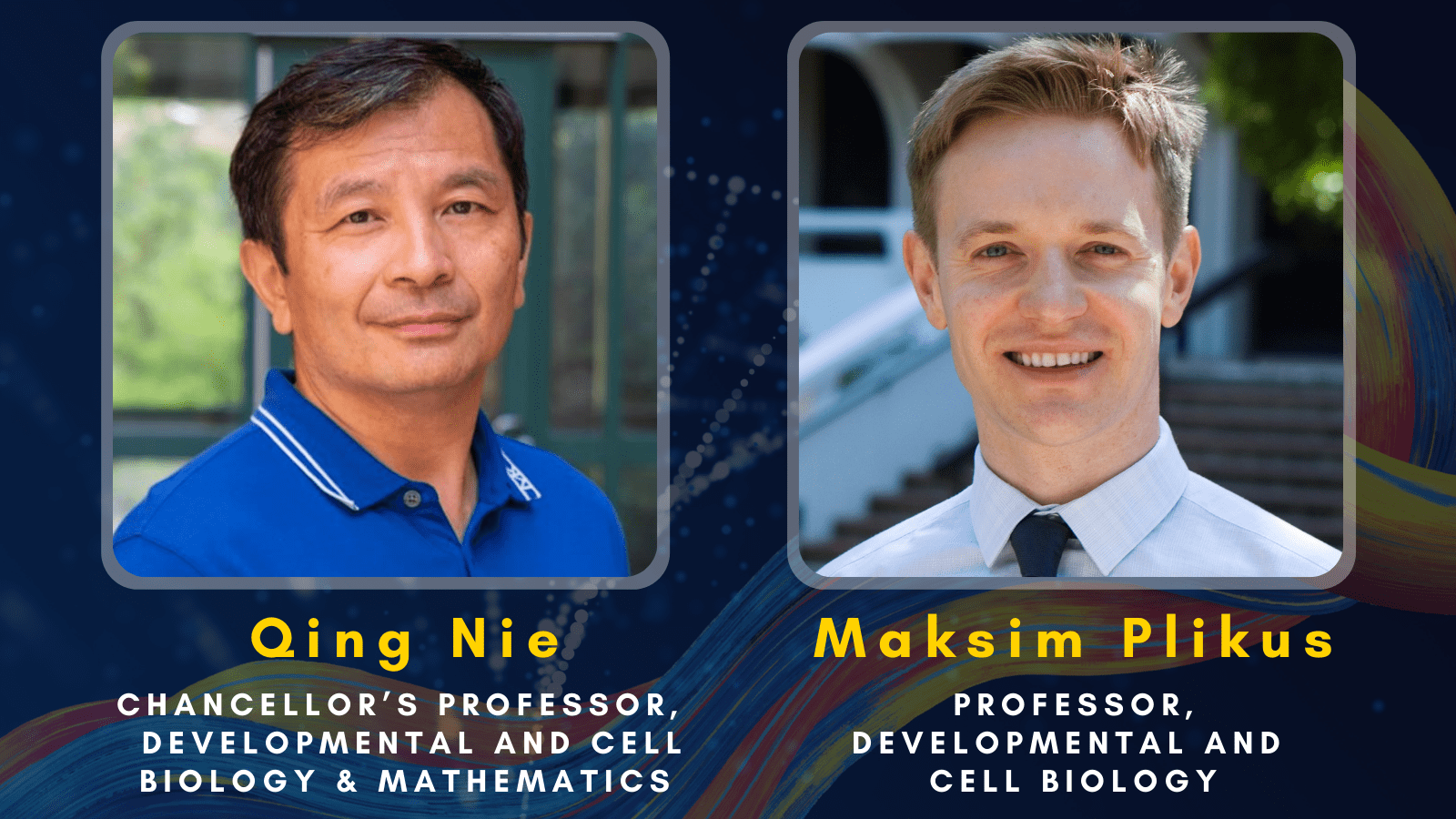In the fight against chronic viral infections and cancer, the immune system faces formidable challenges. These infections often wear out the immune response, leading to a state of T cell exhaustion. Despite being well-documented, the precise mechanisms driving the...








